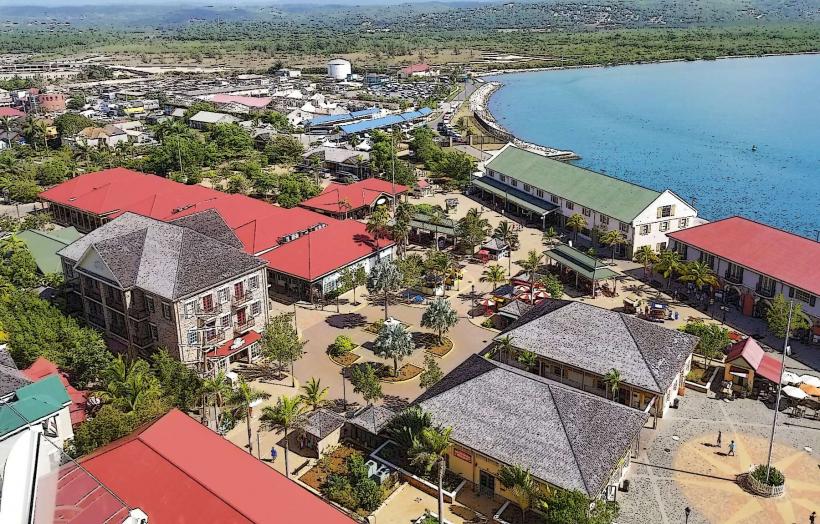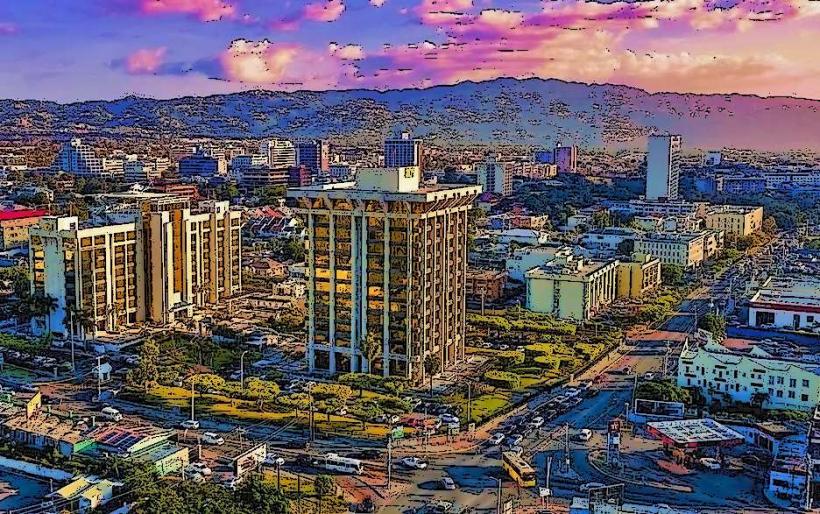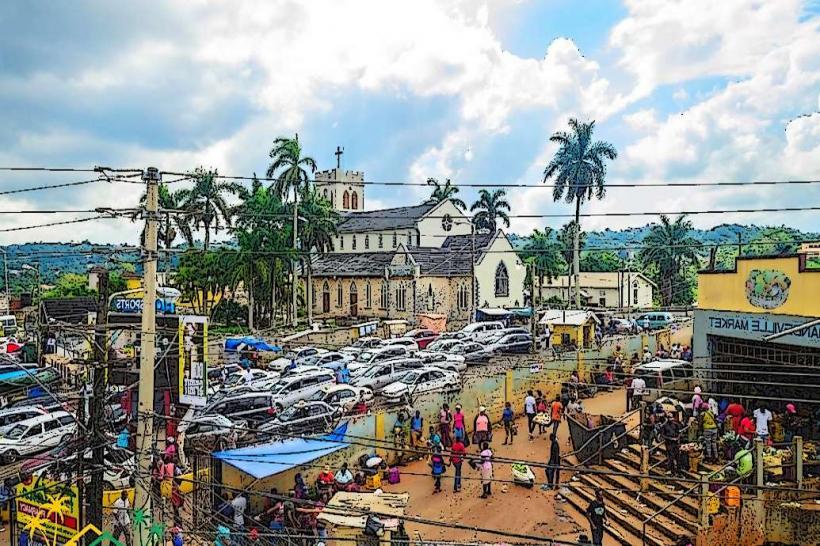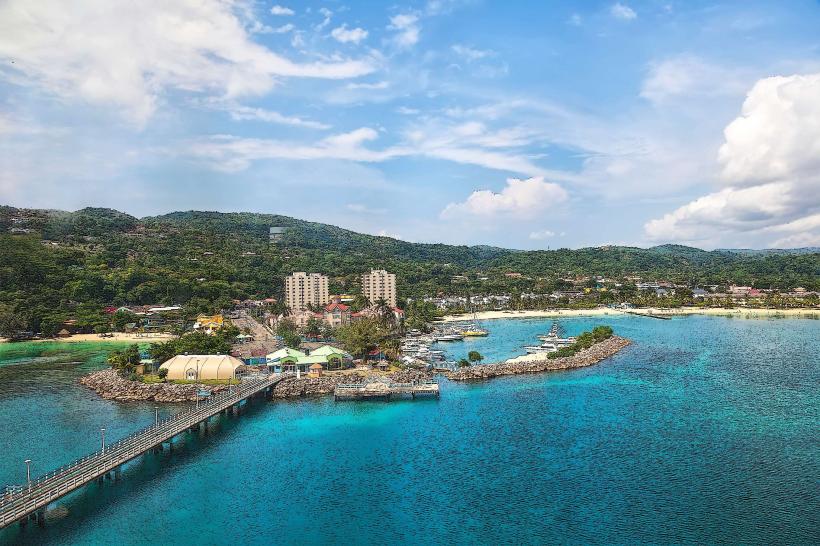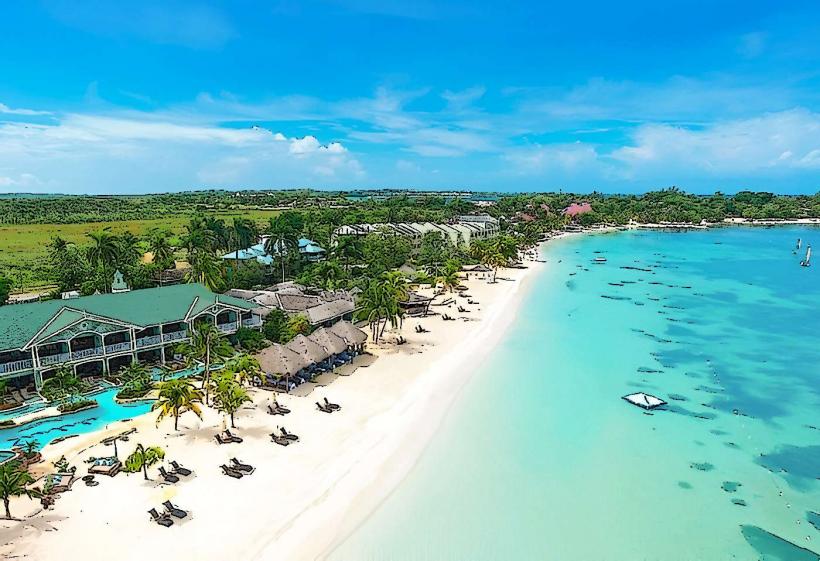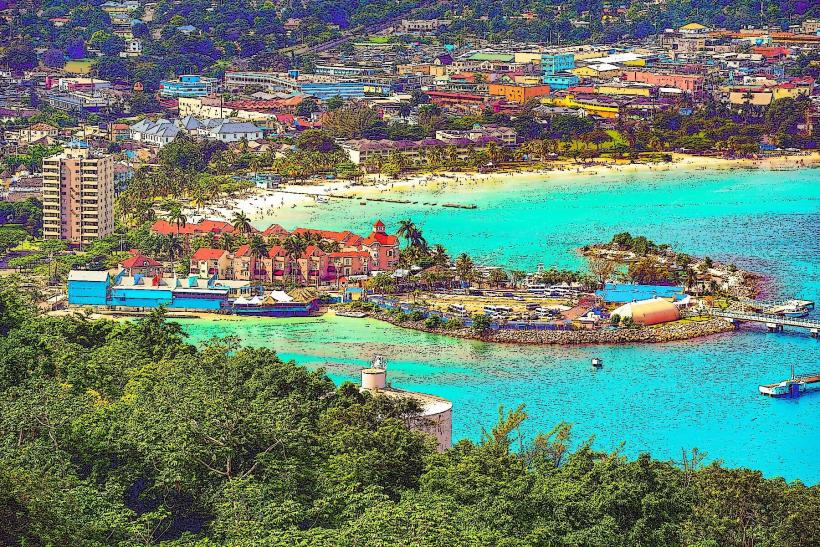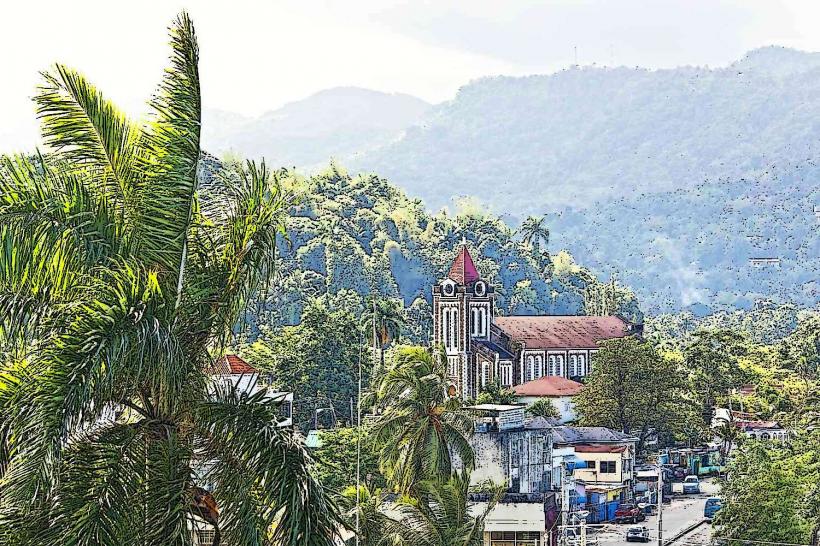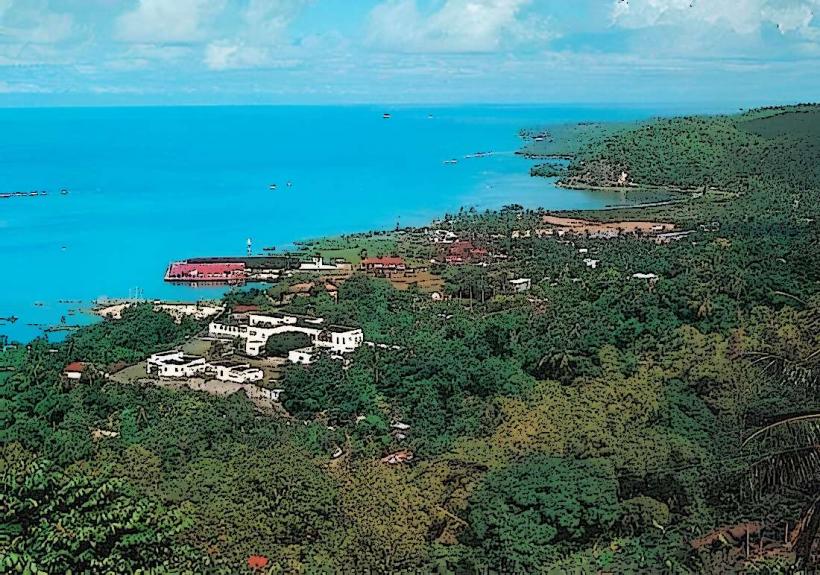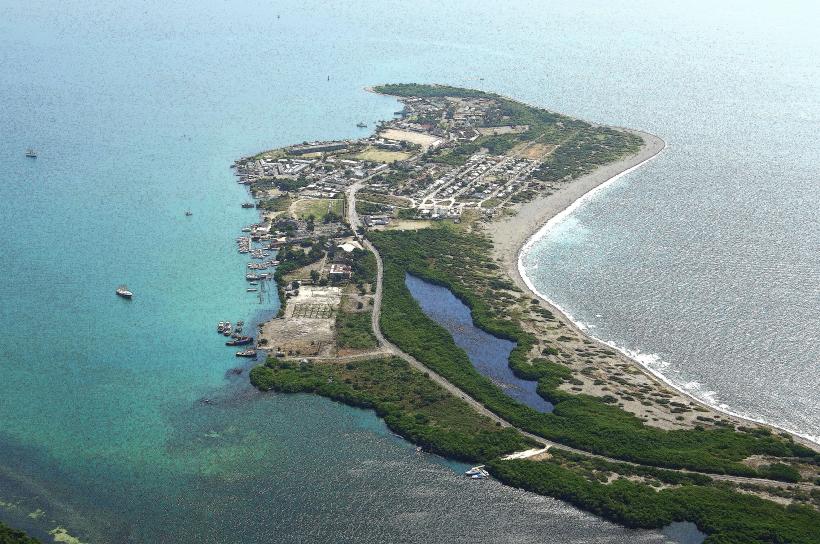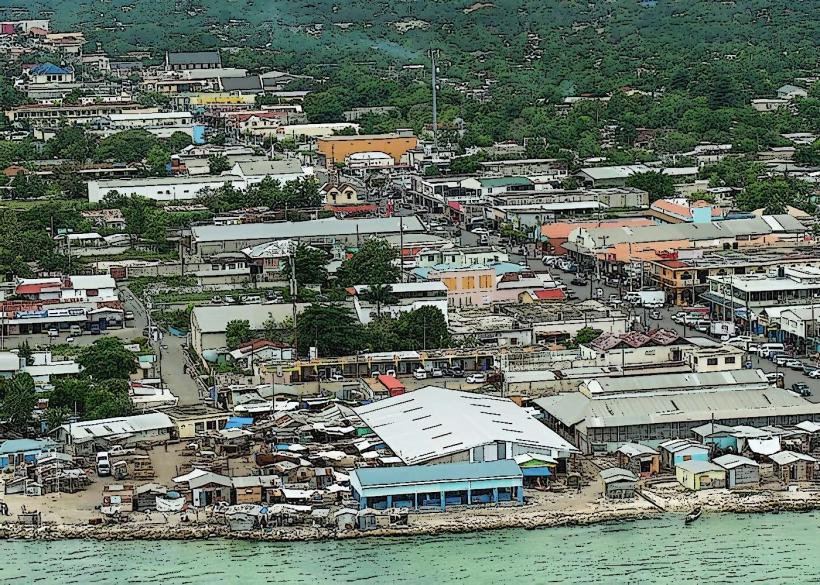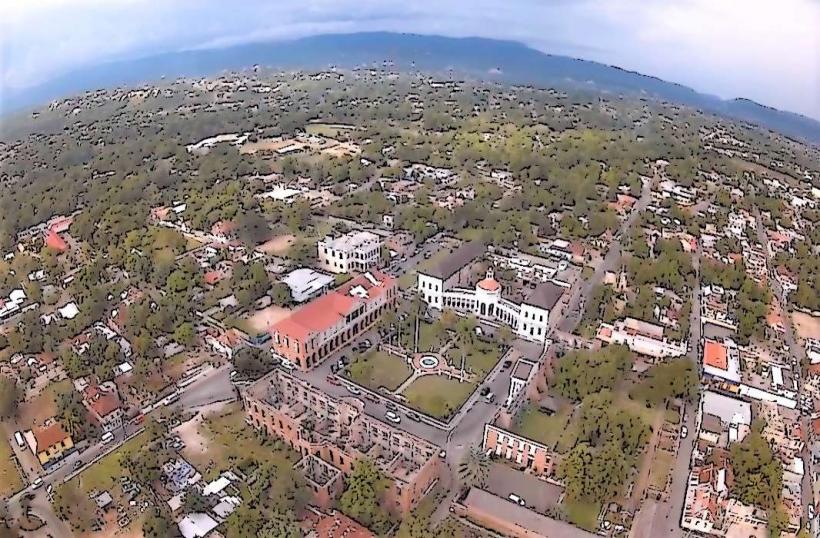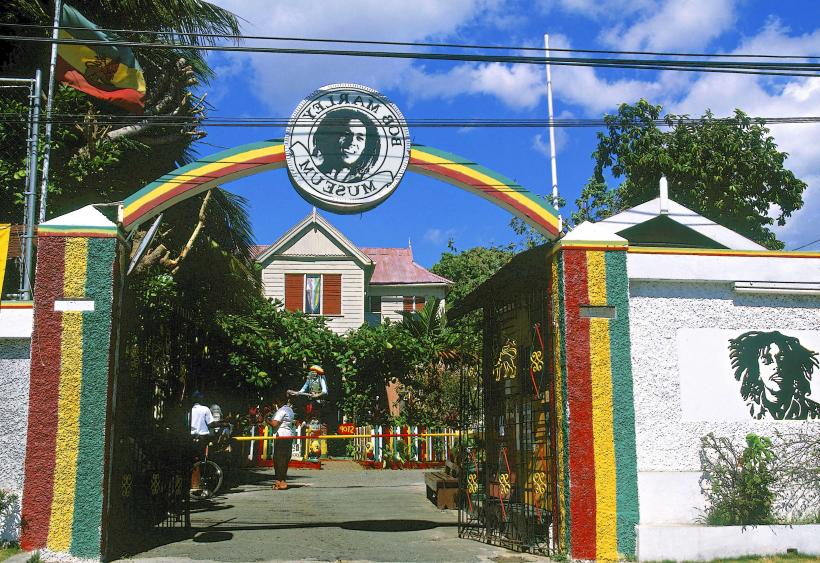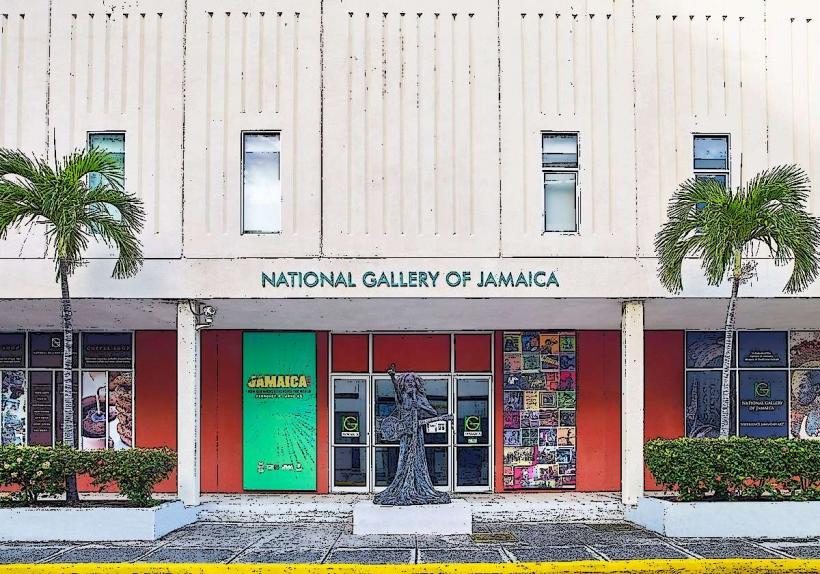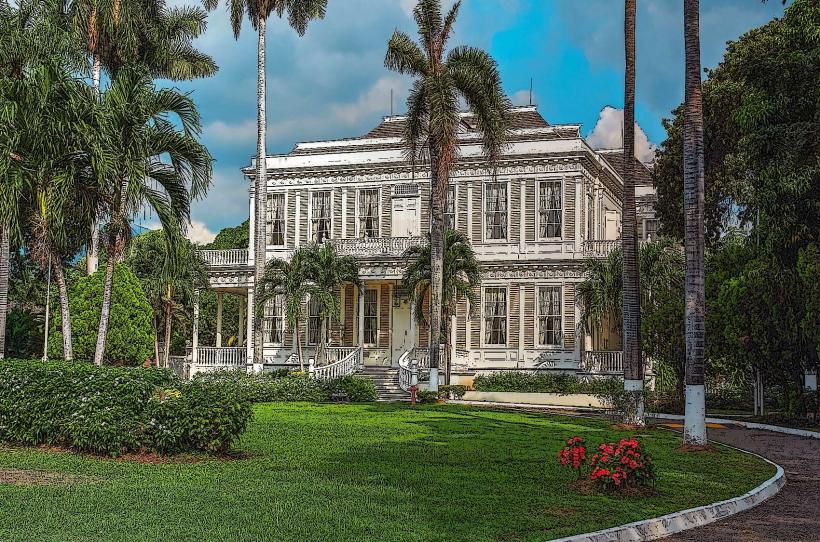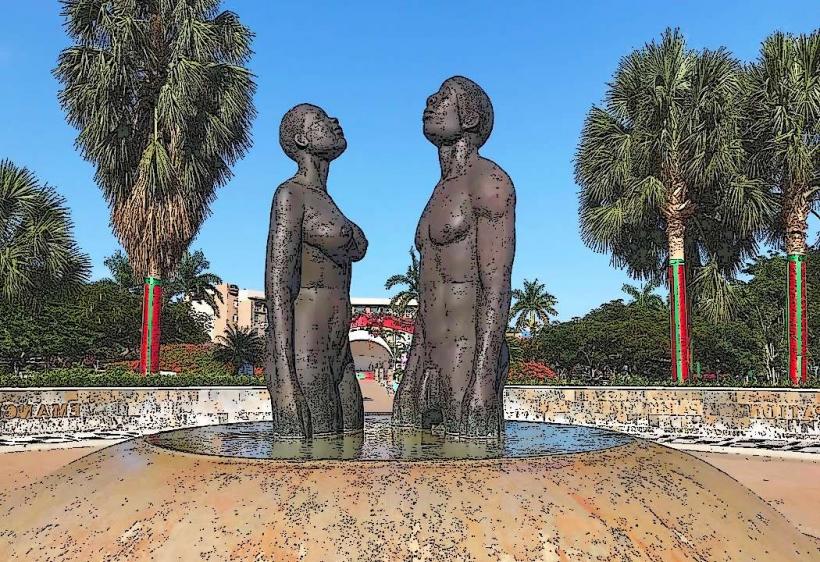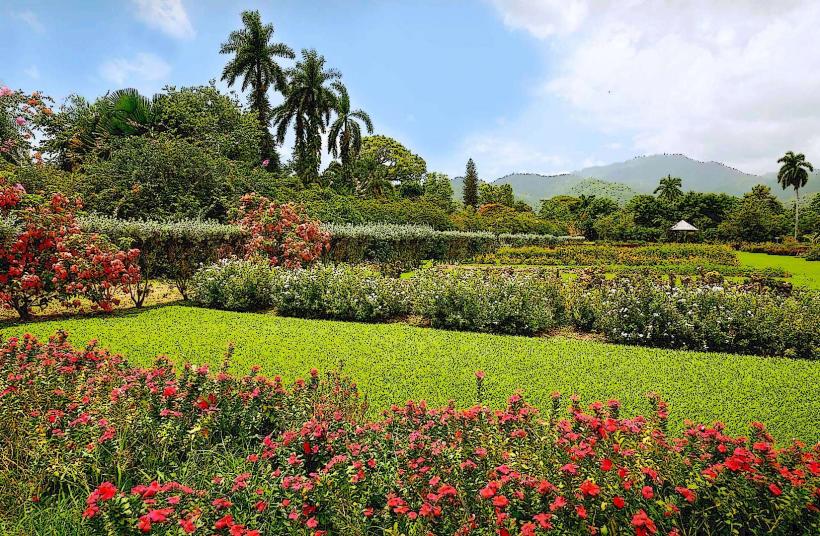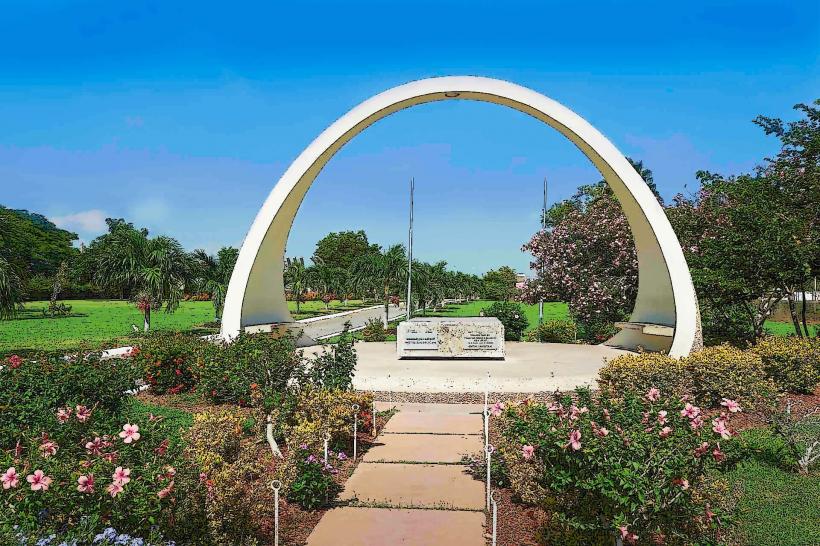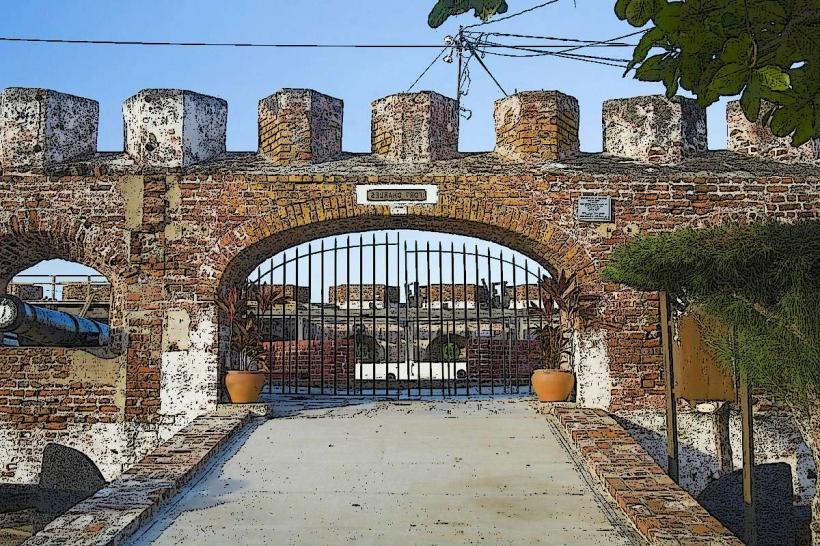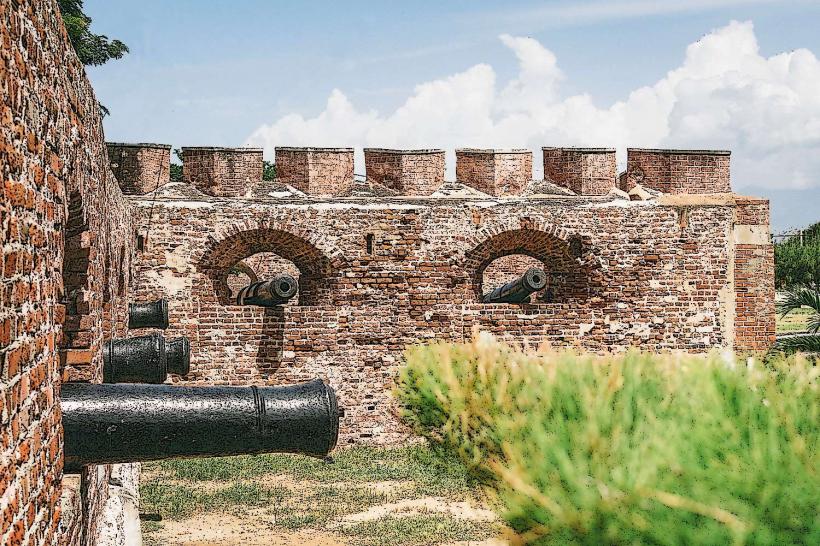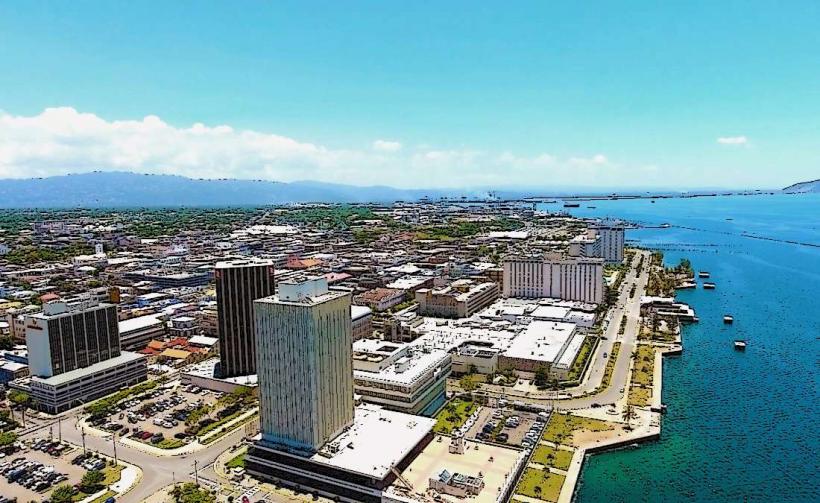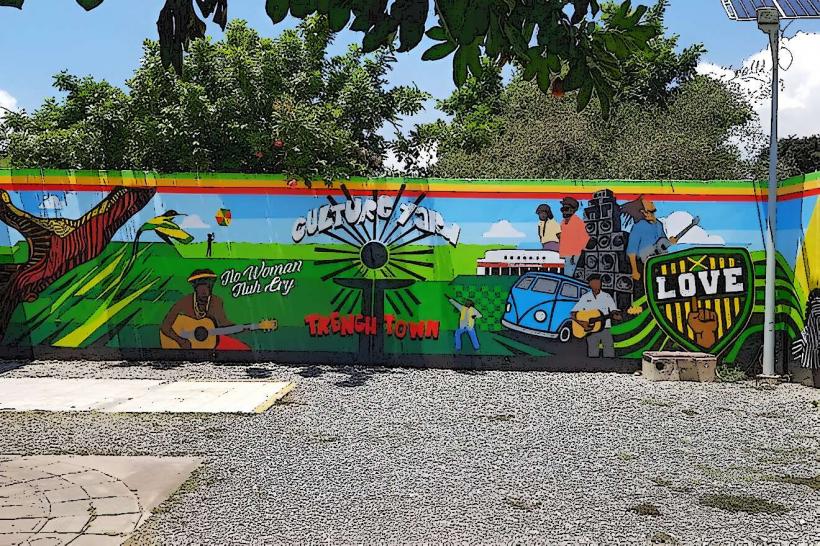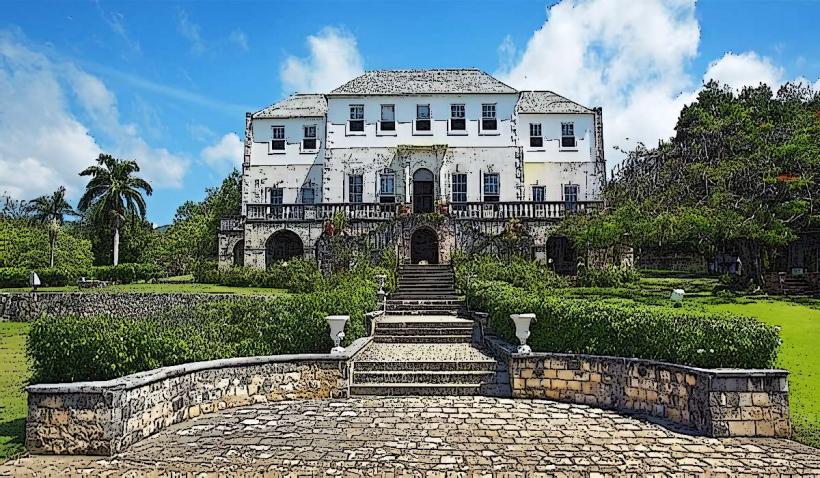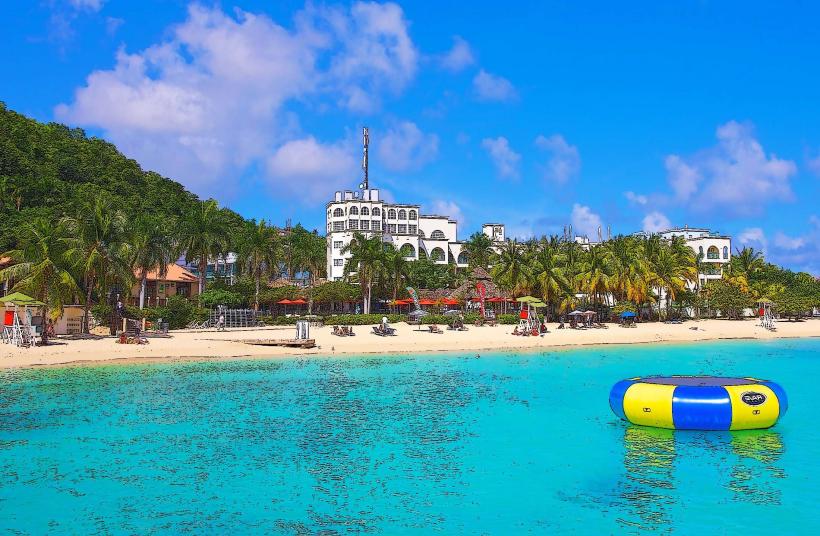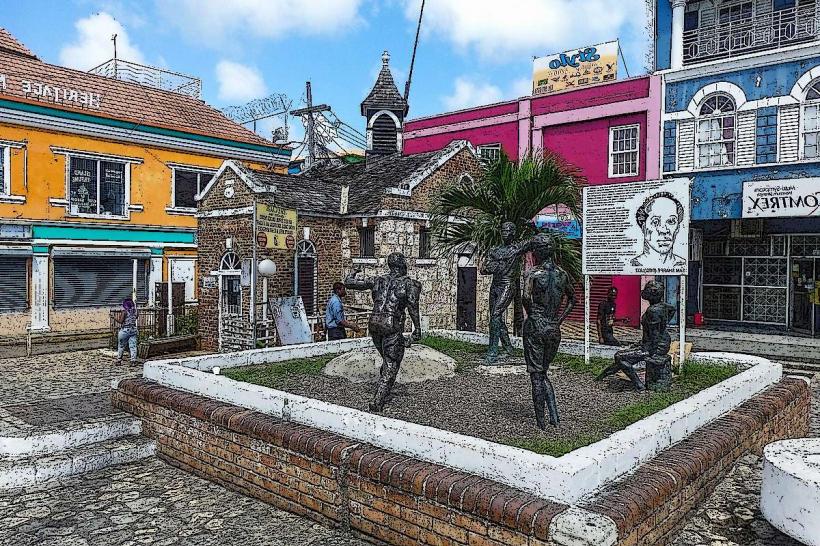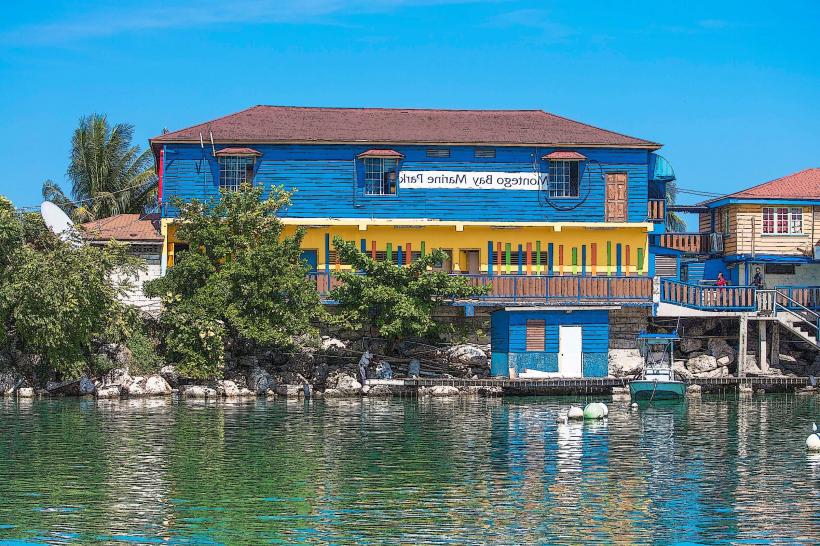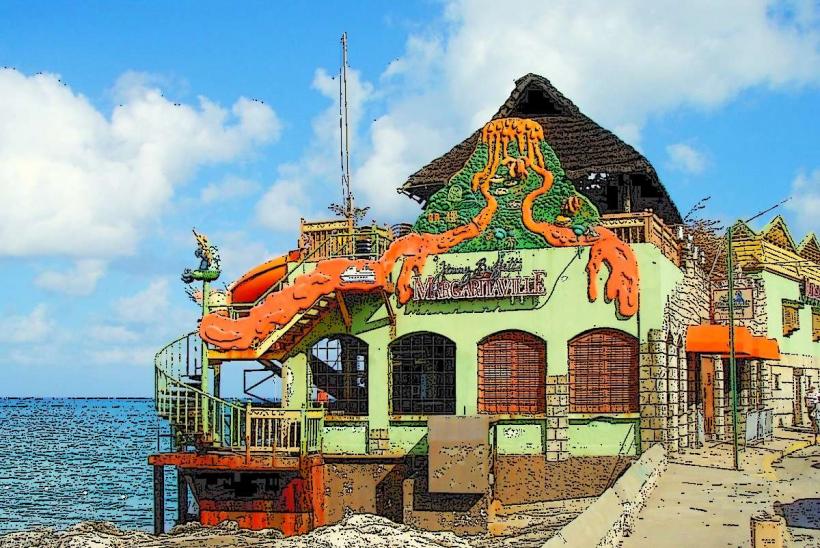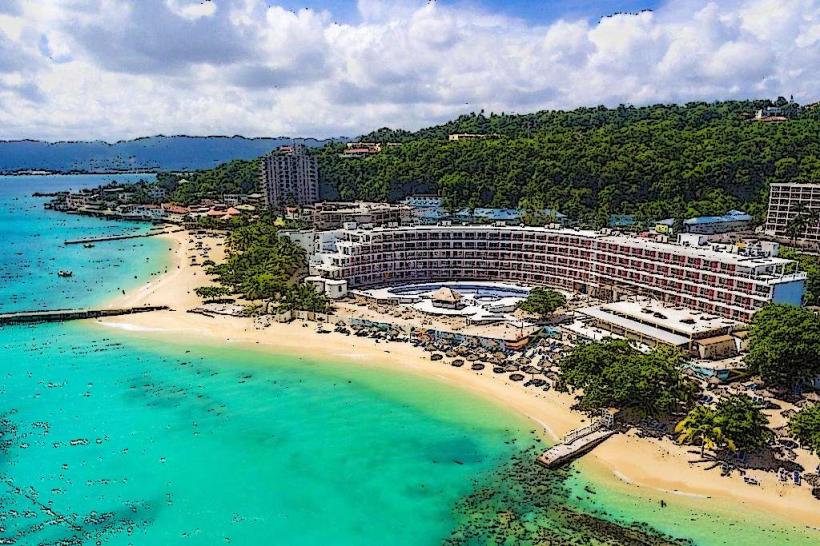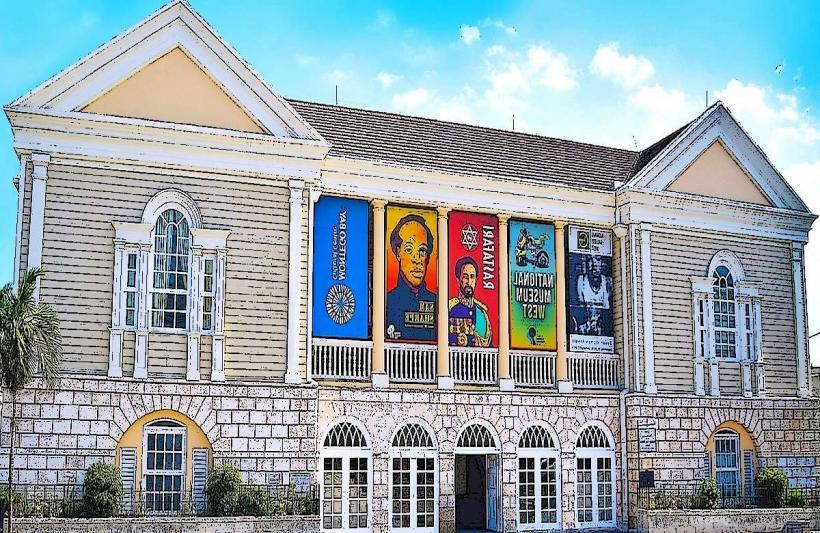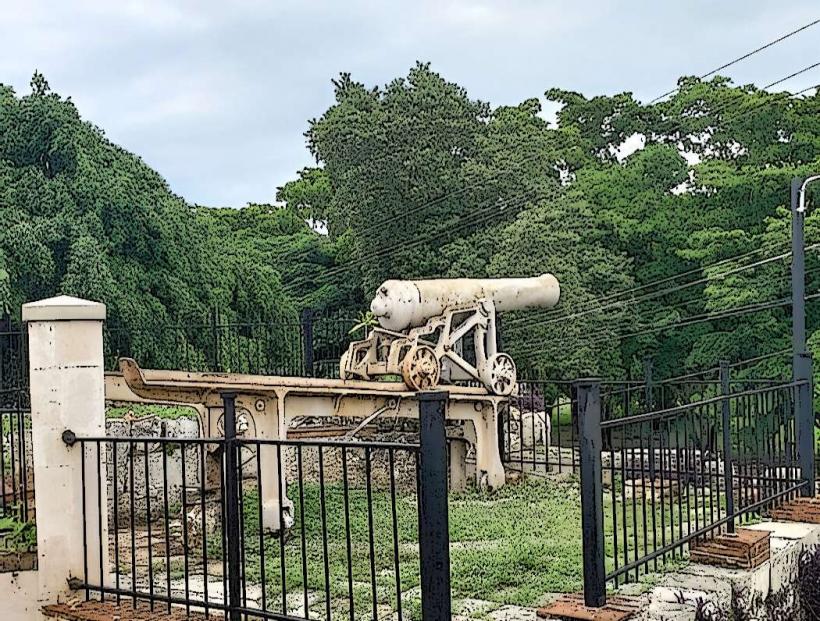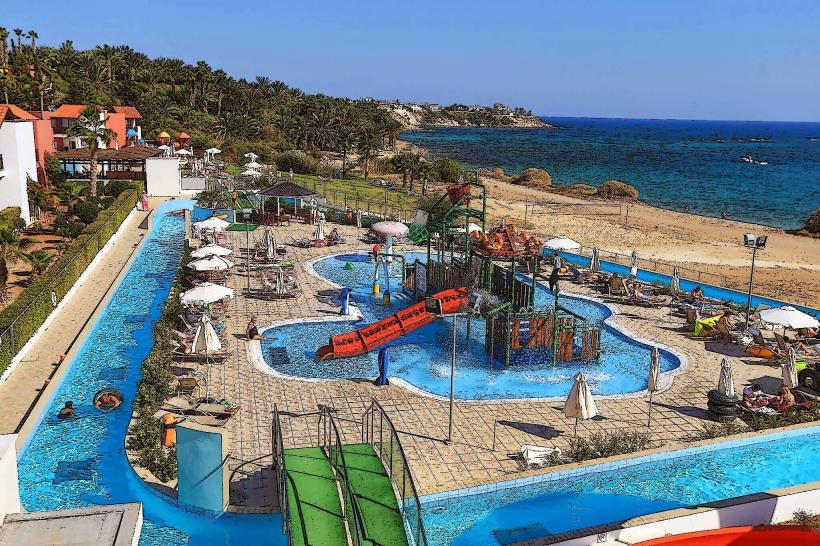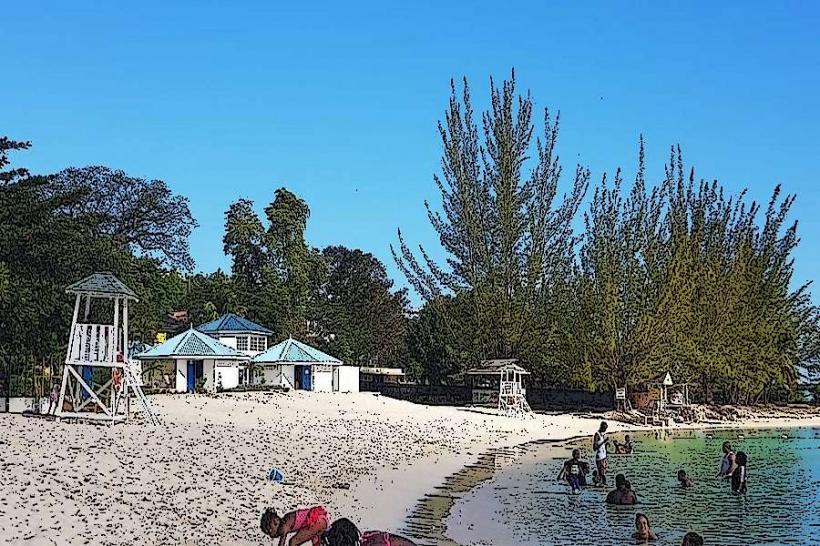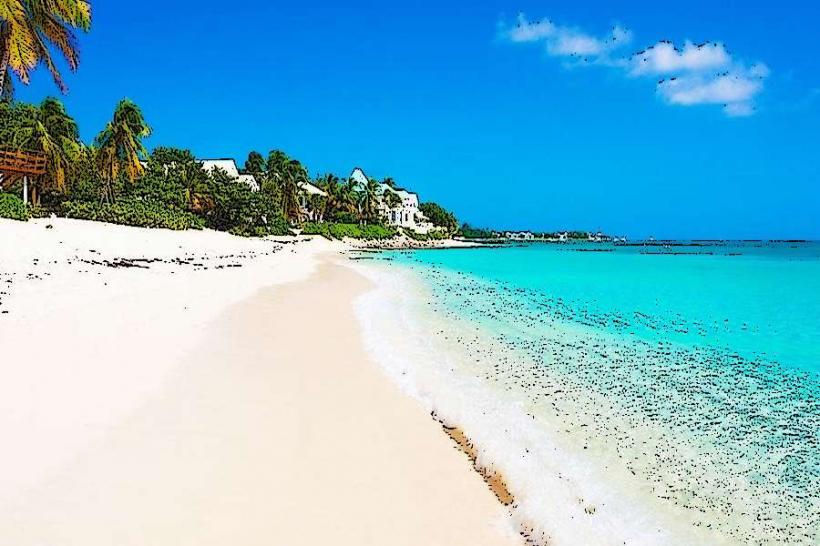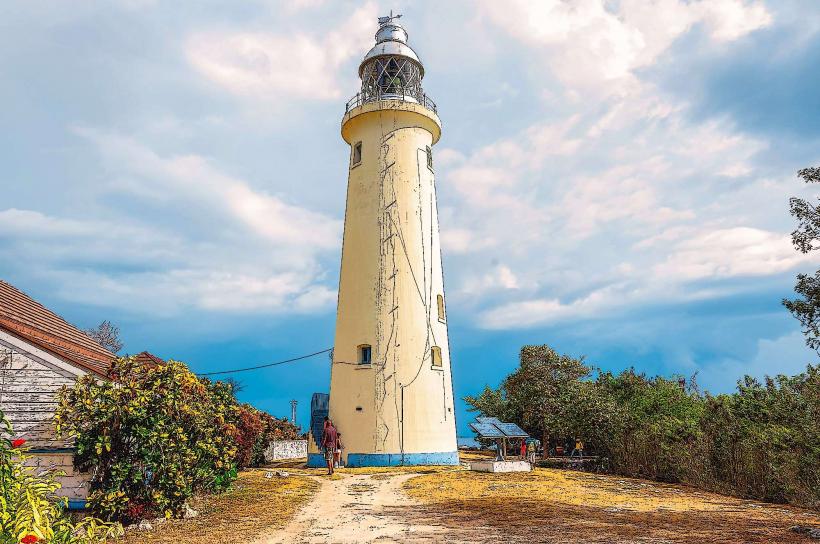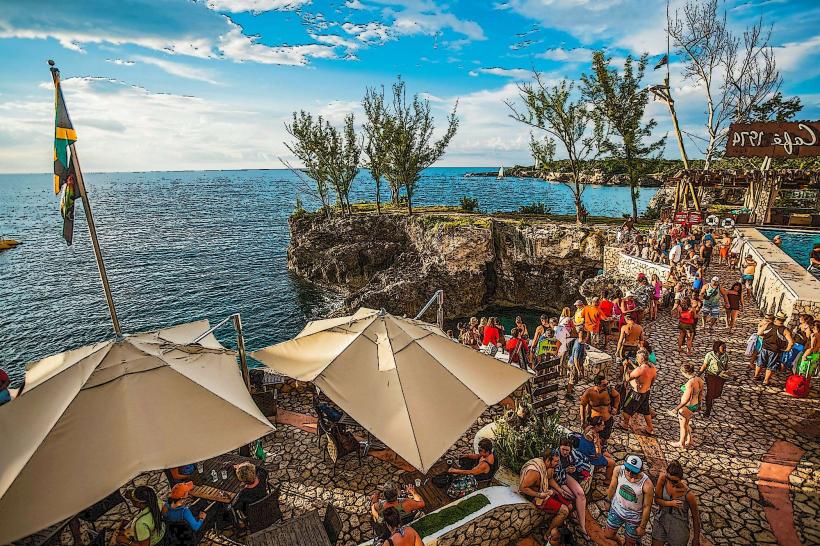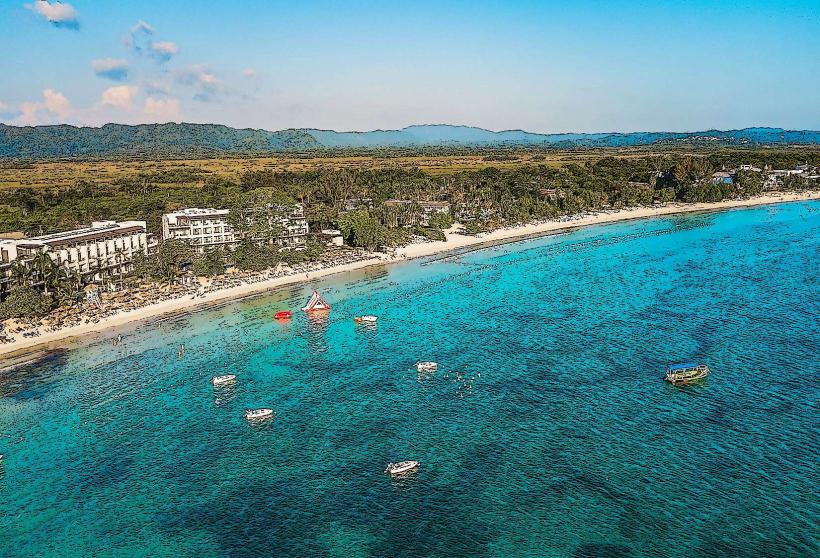Information
Country: JamaicaContinent: North America
Jamaica, North America
Jamaica is an island nation in the Greater Antilles, located south of Cuba and west of Hispaniola. Its economy is dominated by the services sector-primarily tourism, remittances, and bauxite mining-and it is a global cultural exporter through its reggae music and athletic achievements; the capital city is Kingston.
Visa & Entry Policy
As of 2026, EU, US, and UK passport holders are granted visa-free entry for tourist stays of up to six months. Entry requires a passport valid for at least six months from the date of arrival and proof of an onward or return ticket. All travelers must complete the C5 Immigration/Customs Form online via the EnterJamaica portal prior to arrival. Note that UK and EU citizens now require an approved ETIAS or ETA for reciprocal travel to Europe/UK, though Jamaica maintains its standard entry protocols for these nationalities.
Language & Communication
English is the official language, used in government, legal systems, and education. English proficiency is universal. Jamaican Patois (Patwa), an English-based creole with West African influences, is the primary spoken language and the dominant medium for music and informal social interaction. Jamaica is functionally bilingual; speakers navigate a linguistic continuum between Standard English and "Broad" Patois depending on the social context.
Currency & Payment Systems
The official currency is the Jamaican Dollar (JMD). As of January 2026, the exchange rate is approximately 158 JMD to 1 USD. Credit cards (Visa/Mastercard) are standard in hotels, supermarkets, and major tourist areas like Montego Bay and Negril. JAM-DEX, the national Central Bank Digital Currency (CBDC), is operational for mobile payments via authorized digital wallets (e.g., Lynk). Cash remains essential for local markets, route taxis, and small vendors in rural parishes.
National Transport Grid
Inter-city transit is primarily serviced by private minibuses and "route taxis" operating on set paths. The Jamaica Urban Transit Company (JUTC) manages the bus network in the Kingston Metropolitan Area. As of 2026, the government is integrating 100 new Compressed Natural Gas (CNG) buses into the public fleet. While a commercial passenger rail system has been defunct for decades, a 2025/2026 revitalization project is currently in implementation to restore limited rail services between urban hubs and rural communities.
Digital Infrastructure
Primary mobile network providers are Flow and Digicel. 4G/LTE coverage is near-universal in populated coastal and urban areas. As of 2026, 5G deployment is active in Kingston, Montego Bay, and major resort corridors. Jamaica is also undergoing a national digital TV migration to the ATSC 3.0 (NextGen TV) standard.
Climate & Seasonality
The climate is tropical, characterized by year-round heat and humidity. The dry season runs from December to April. The wet season spans from May to November, with the Atlantic hurricane season peaking between August and October. January is statistically one of the driest and coolest months, with average daytime temperatures of 27°C.
Health & Safety
A Yellow Fever vaccination certificate is required if arriving from or transiting through an endemic zone. Health risks include mosquito-borne Dengue and Zika. Tap water is generally treated and safe to drink in major urban centers and resorts, though bottled water is advised in remote rural areas. The emergency number for all services is 119 (Police) or 110 (Ambulance/Fire).
Top 3 Major Regions & Cities
Kingston & St. Andrew: Hub: Kingston (Political/Cultural capital).
St. James: Hub: Montego Bay (Primary tourism/Cruise port).
St. Ann: Hub: Ocho Rios (Eco-tourism/Waterfalls).
Local Cost Index
1L Water: 180 JMD ($1.15 USD)
1 Domestic Beer (0.5L): 400 JMD ($2.55 USD)
1 SIM Card (10GB Data): 3,300 JMD ($21.00 USD)
Facts & Legends
Jamaica is the birthplace of Rastafarianism, a religious and social movement that emerged in the 1930s. Local folklore is centered on Anansi, the spider-trickster of West African origin, whose tales emphasize survival through wit. A prominent legend involves the White Witch of Rose Hall, Annie Palmer, who is said to haunt the 18th-century plantation house in Montego Bay. Historically, Jamaica has produced the highest number of Olympic medals per capita of any nation in the world.

